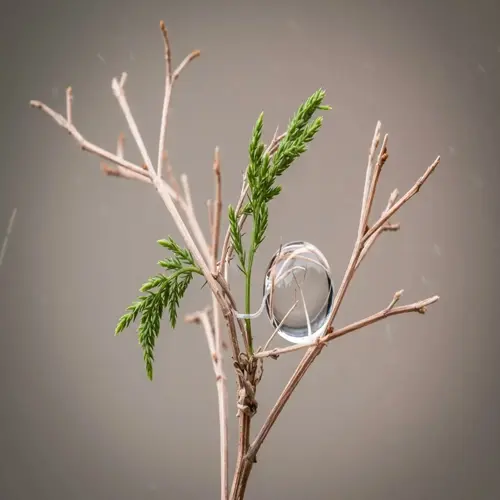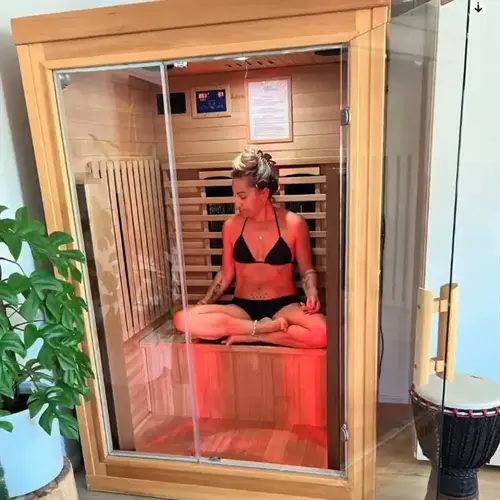How does self-care differ across life stages?

Written by
Robert Kelly
Reviewed by
Prof. William Dalton, Ph.D.Self-care undergoes significant changes throughout a woman's life path and requires customized approaches. The teenager faces issues unlike those of the menopausal woman. Each life stage requires a certain strategy to meet the evolving physical, hormonal, and emotional needs. Your self-care will need to be adapted to the various chapters of life.
Adolescence (13-19 years)
- Iron-rich nutrition for menstrual blood loss compensation
- Sleep hygiene for growth and hormonal balance
- Body-positive movement avoiding restrictive diet culture
- Menstrual education for cycle awareness and management
Reproductive Years (20-45)
- Workplace boundary setting for stress management
- Preconception/prenatal nutrition optimization
- Pelvic floor health through targeted exercises
- Regular preventive health screenings
Perimenopause/Menopause (45+)
- Bone-strengthening calcium and vitamin D intake
- Hot flash management through breath techniques
- Joint-friendly movement like swimming or tai chi
- Cardiovascular health prioritization
The adolescent years require special attention to iron levels and sleep habits. Excessive menstrual flow can lower iron stores and lead to fatigue. Spinach, when combined with citrus, can promote improved absorption. Limiting screen time late in the evening will protect sleep quality during growth spurts. Body positive exercise will lead to a lifetime of confidence.
During the reproductive years, it is crucial to strike a balance between career and family pressures. Establish clear professional boundaries to ensure that personal time is not compromised. Have short breaks from work for scenic walks. Nutrition for pregnant women is vital, whether they are planning a pregnancy or not. Community support systems can help manage these complicated responsibilities.
Menopausal transitions target symptom relief and bone protection. Cooling breath techniques reduce the intensity of hot flashes. Weight-bearing exercises preserve bone density. Phytoestrogen-rich foods such as flaxseed provide natural support for hormone therapy. This stage is a celebration of the wisdom that life experience brings.
Each phase of life presents its own set of challenges, yet it also offers unique opportunities for growth and development. For example, adolescence teaches body awareness. The reproductive years encourage resilience. Menopause encourages self-acceptance. Your self-care journey acknowledges your current self-care needs while anticipating what tomorrow may bring.
Read the full article: 10 Essential Self Care Tips for Women

